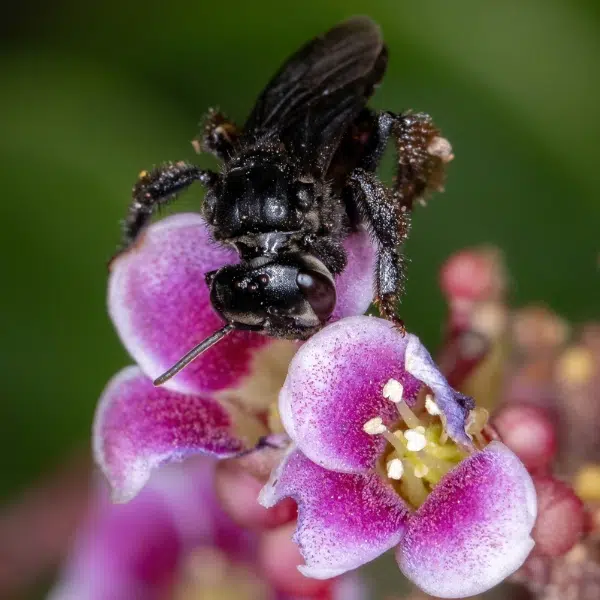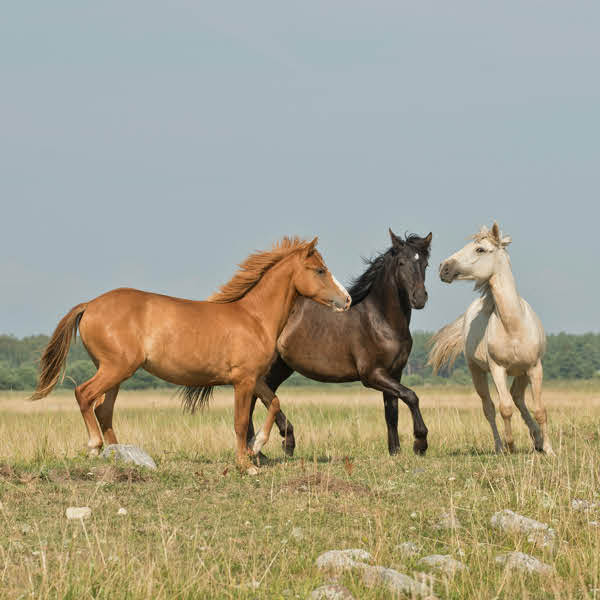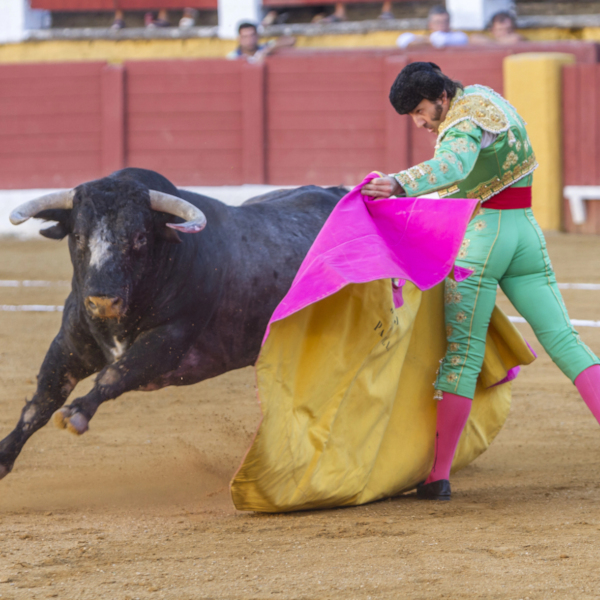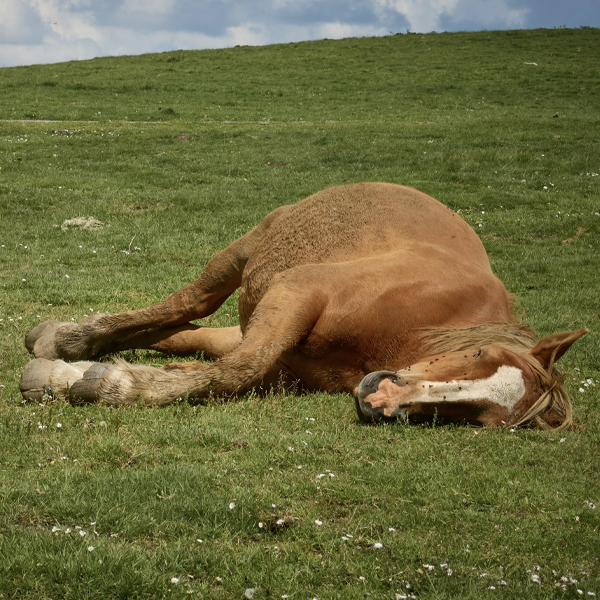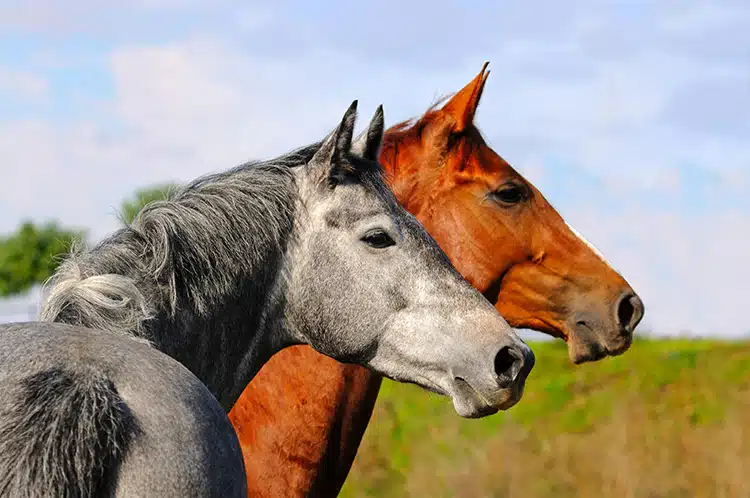
Photo: PIRITA/Depositphotos
Horses are majestic beasts, gentle and loving yet powerful. They've been mankind's faithful companion for the last 5,000 years, enabling both travel and civilization building. While horse lovers never doubted the intelligence of their equine counterparts, the species has not had a robust reputation for future planning skills among scientists. However, a new paper published in Applied Animal Behaviour Science suggests that horses are in fact strategic creatures with the ability to plan ahead to seek rewards.
To test a horse's intellect, the team used a three stage process. The first stage trained 20 horses to expect a treat when they tapped a card with their nose. Naturally, they learned this connection. The next step was the same task, only the horses received treats when a “stop” light was on, but not if they tapped the card when it was off. The researchers noted the horses did not change their actions, continuing to tap the card for treats no matter the light. However, adding a “punishment” element if the horse tapped the card while the light was off immediately changed their behavior. The “punishment” was not harsh, just a 10-second pause in the game without the possibility of treats.
The horses’ impressive adaptation to the new game resulted in a significant reduction in errors of card tapping. The creatures proved to cleverly adapt their behavior to achieve their goal, suggesting they had not cared to learn the previous rules since their was no true incentive to refrain from excess tapping.
“Previously, research has suggested that horses simply respond to stimuli in the moment, they don’t proactively look ahead, think ahead, and plan their actions—whereas our study shows that they do have an awareness of the consequences and outcomes of their actions,” researcher Louise Evans told The Guardian. These clever horses show an impressive ability to plan to achieve their goals.
Learning this about the species can help us interact humanely and effectively with them. Evans concluded, “Generally, when we start to think that animals may have better cognitive abilities than previously thought, their welfare does improve. But also, what we’ve shown is that, in training, you really don’t need to use aversive methods or anything too harsh to get really good performance out of horses.” It just might increase human respect for them as well.
Researchers conducted a series of tests like mini games with horses, offering them treats for “winning” the game. They then changed the rules.
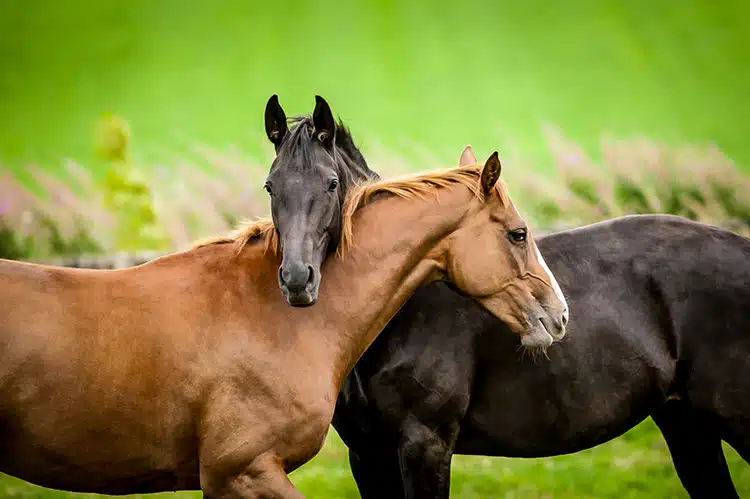
Photo: CORNFIELD/Depositphotos
The horses were able to plan ahead and quickly adapt to the changing rules of a game conducted by researchers, suggesting intelligence.
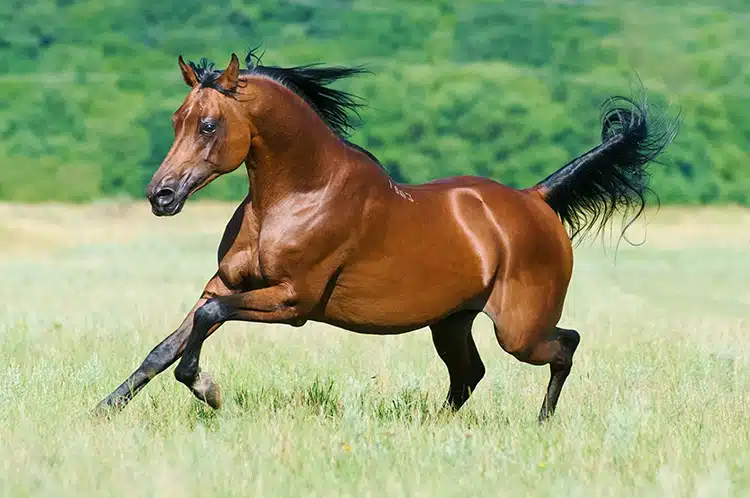
Photo: VIKARUS/Depositphotos
h/t: [The Guardian]
Related Articles:
Largest Eagles in the World Are So Big That Their Talons Are Bigger Than Bear Claws
New Study Reveals Komodo Dragons Have Iron-Capped Teeth
Dogs Are Helping Rewild Nature Reserves by Running Around With Bags Packed With Seeds
Record-Breaking 17 Endangered California Condor Chicks Born at LA Zoo This Year












































































